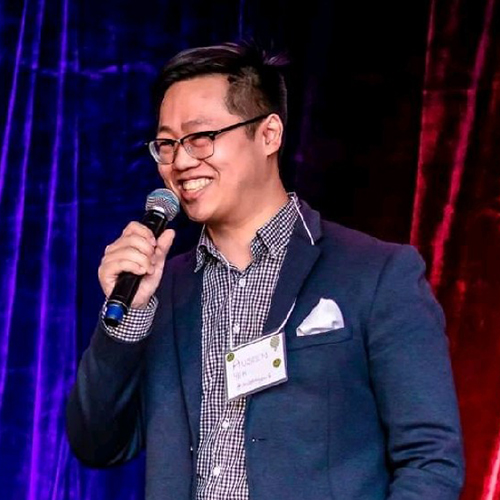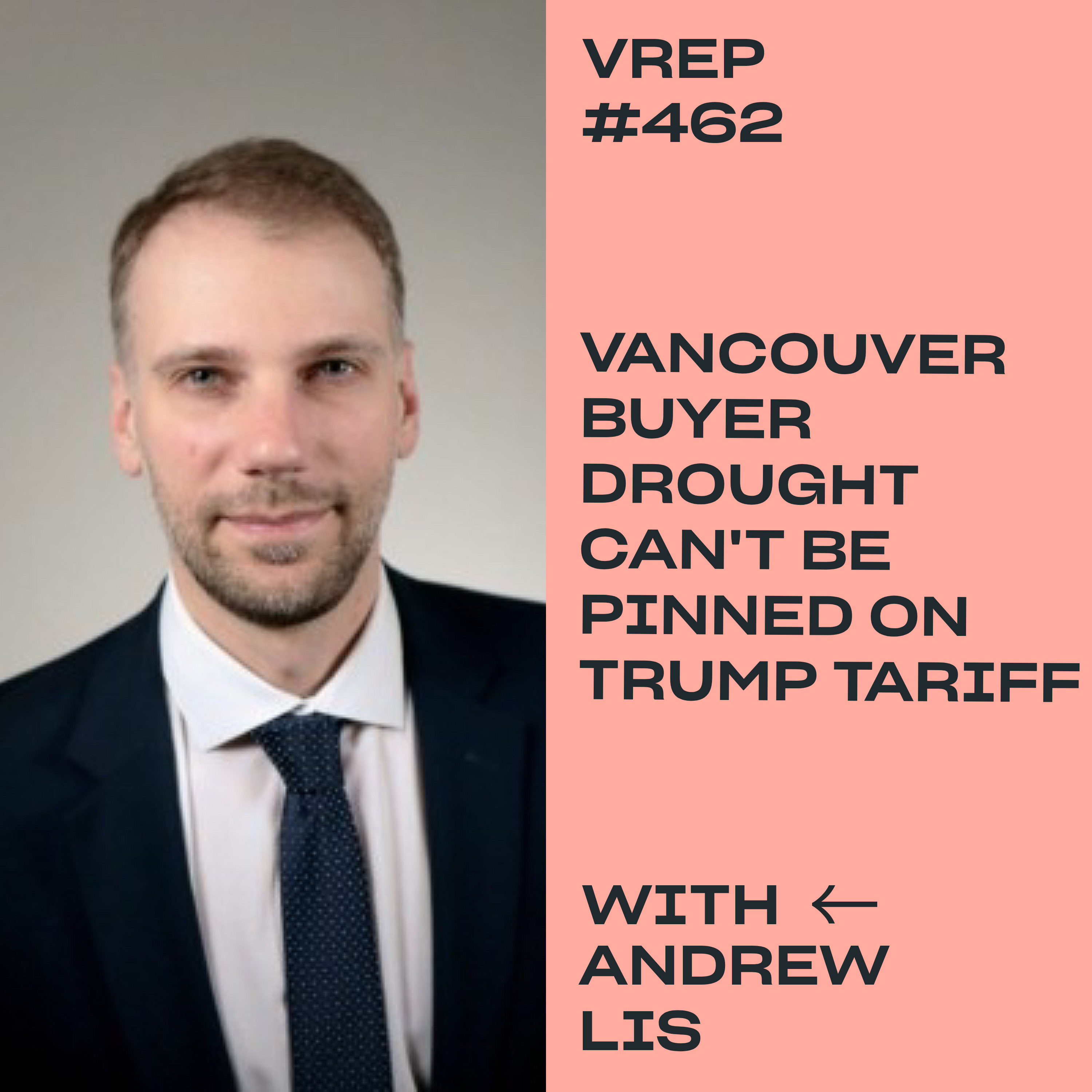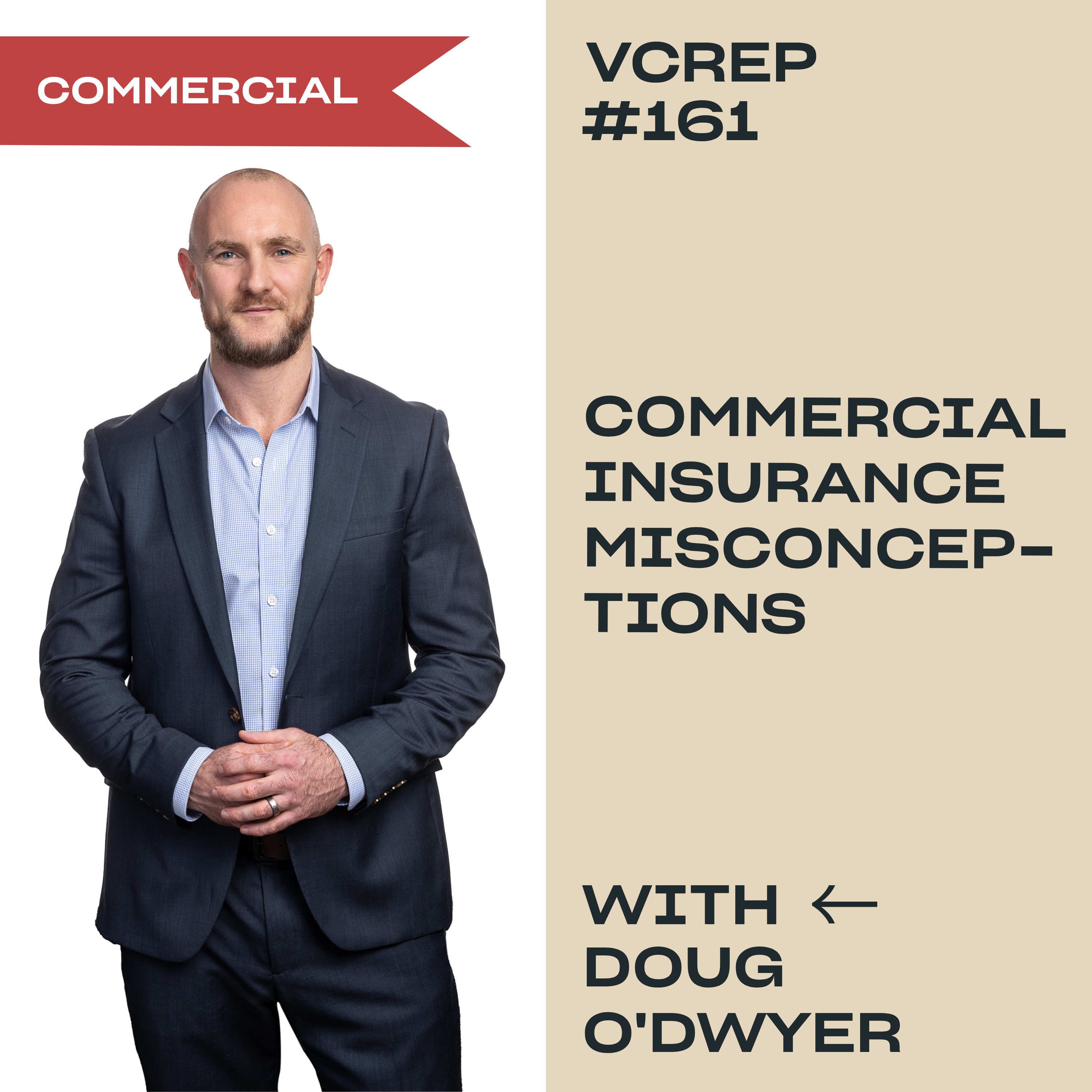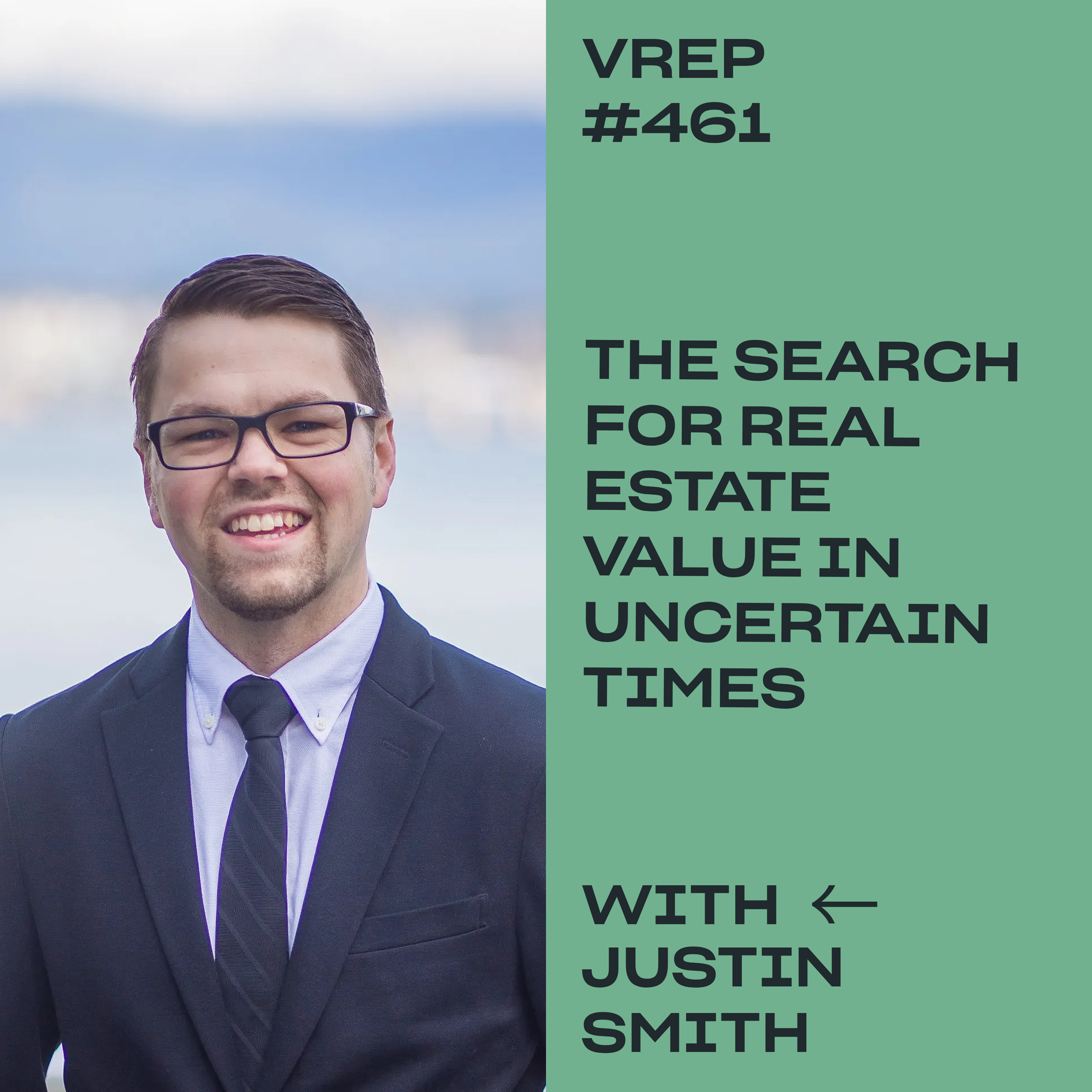Episode 250 – November 19, 2020
Listen On: Apple Podcasts | Spotify | Google Podcasts
Austin Yeh is 25 years old, has 20 rental properties, and he still lives at home! His first property was purchased only two years ago! In this week’s action-inspiring episode, Adam & Matt sit down with Austin to unpack his investing philosophy, discuss market opportunities and buying strategies, and offer a step-by-step guide to how you can find financial freedom through real estate.
Listen to Episode
Guest Information

Austin Yeh
Austin Yeh is a real estate investor who accumulated over 20 rental properties in two years. Austin is also the Co-Founder of Ontario Property Deals which uses proprietary marketing systems to find off-market, private, and discounted properties for real estate investors and fix-and-flippers.
Episode Summary
A blueprint for building a portfolio of cash flow positive rental properties with residential real estate investor Austin Yeh
*disclaimer: the information contained below and in the companion audio podcast are intended solely as legal information for personal use and should not be considered legal advice*
Keep your finger on the pulse of Vancouver’s real estate market with our Live Wire email newsletter.
Get to know Austin Yeh and what sparked his journey into rental properties!
I was born and raised in Scarborough, just outside of Toronto, and my parents immigrated to Canada from India. They worked blue collar jobs to make ends meet. I grew up clipping coupons and my parents saved all of my birthday and holiday money.
I decided I wanted to be a doctor so I could earn more money. But as I took my science courses, I realized that wasn’t the path for me. I did, however, do well in business. I got a scholarship to the University of Toronto and secured a lot of internships. But I wasn’t happy or passionate about anything I was doing. I didn’t want to go to work.
At my first full time job, I decided to start investing my money. I lost about $4,000 in weed stocks. I was discouraged but wanted to find other ways to create passive income and retire early. I had $40,000 saved from all of my summer jobs, internships and gift money, which wasn’t enough to buy a home in Toronto. But I found the city of Windsor where it was $130K for a single-family home.
So, I pivoted to trying to make passive income so I could enjoy my life.
How have your parents reacted to your real estate journey?
When I first started investing, I contacted the first agent I found in Windsor. I then asked my dad to tag along while we looked at properties. My dad wanted a turn-key property; he’s very risk-averse. He kept asking me if I was sure I wanted to do this. A lot of people in my life were skeptical about what I was doing. But even with that pushback, I decided to go for it.
I documented everything I was doing on social media. As I started to build that publicity, my parents took notice. I think that’s when things changed for them. They have never understood what I was doing but when they see me in articles or on podcasts, they see me as an expert. So now they’re much more excited about what I’m doing.
How old were you when you bought your first property? Can you talk us through that first deal?
I was 23 at the time.
A lot of new investors get stuck in analysis paralysis. But for your first deal, it’s never going to be the perfect one. The less experienced you are, the less you know about analyzing deals.
I picked up my first 3-bed 1-bath detached, single family home for $130,000. I didn’t know anything! I thought the place only needed a new coat of paint. I soon realized it needed a lot more renovation work, costing me about $20,000. I didn’t have the money to fund the renovation, so I had to ask my parents and my girlfriend for funds.
That renovation took about three months, which is double how long I thought it would be. So, the moral of the story: do your due diligence. The people I worked with were horrible and it was a bad first experience. That deal was a nightmare, but it ended up working out.
After the renovations I refinanced at $170,000. I was able to pull out a good chunk of my money. The tenant I moved in paid one year of rent in advance – which I’m a bit skeptical of now. I used all of that money to buy my second property.
Sign up for insider real estate news & tips from our podcasting team.
How do you invest in real estate?
The BRRRR method. The BRRRR is an acronym.
- B is for buying: Buy it undervalued or at market value, with the idea of renovating it to increase value.
- R, the first R is for renovating or rehab: doing strategic renovations to the property so that every $1 you put in brings you more than $1 in return.
- R, the second R is for rent: Rent out the property and collect income.
- R, the third R is refinance: You refinance the property with the bank, and, in Ontario, they will loan you 80% loan-to-value of the new appraised value. Your mortgage payment goes up because you’re taking on more debt, but your cash flow should cover it. Plus, you’re also able to take out your money and use it to buy another property.
- R, the last R is for repeat. You just do this again, again and again.
How do you scale your real estate business?
With real estate, you can make all of the mistakes you want up front but if you hold the property, those mistakes won’t mean anything. In 10-15 years, you’ll make your money back.
Real estate is a long-term investment; that’s how you build your wealth.
After doing more research on my first deal, I realized the mistakes were on me. I was uneducated. I took accountability and started to educate myself. I also surrounded myself with other real estate investors. Once I got that first property appraised at a higher value despite everything going wrong, I was encouraged. I knew I could make a business out of this after I fixed my mistakes.
You’re currently at 20 investment properties. Where do you like to invest in Canada?
18 are in Windsor and 2 are in Toronto.
How do you analyze the real estate market you’re investing in?
When I got in, it was really just the price point. Saving to get into Toronto would’ve taken forever.
Small markets are a good entry point and a good way to make money to eventually move into bigger markets.
Now that I know more, Windsor is a great market because of the university there.
- The majority of students are international and looking to stay. Many end up staying in Windsor.
- There’s also the bridge between Windsor and Detroit, and they’re building a second bridge, which is bringing in 3,000 employees.
- Quicken Loans is opening headquarters in Windsor and a new hospital is being built.
- Windsor is also one of the few markets in Ontario that cash flows aggressively. The vacancy rate is about 2.9%.
Keep your finger on the pulse of Vancouver’s real estate market with our Live Wire email newsletter.
How has COVID-19 impacted your real estate portfolio? How has your investing strategy changed because of Covid-19?
As a newer investor, I’m still learning. I’ve never been through a cycle downturn. Anyone can be a good investor in an appreciating market. But what makes you a well-rounded investor is surviving the downturn. I was very nervous when COVID-19 hit because I was overleveraged. I was funding down payments and renovations on lines of credit. I was scared COVID-19 would wipe out my portfolio.
The first thing I did was reach out to all of my tenants through my property manager to help them access the available government programs. I let them know we could work out a payment plan if rent was not going to be paid. I didn’t want to evict anyone. All of the tenants paid rent except for one, a tenant I inherited, but now they’re paying again. I have good locations in Windsor with newly renovated properties, so I have the cream of the crop of tenants.
I have confidence in the student rental market in the long term. I know the importance of university in shaping someone’s life – no one wants to do university from home. The social environment is the whole point.
I am pivoting to buying student rentals because the acquisition price is so low. A lot of investors are scared and when I see scared investors, I see opportunity.
Assuming things normalize, rents will rise back to where they were before. So, I’m taking advantage of that now.
How do you build a great real estate team? What are the best systems for real estate investing?
I’m definitely not doing the renovations myself! Building my team and systems is a work in progress. At this point, they feel pretty solid. The first thing I do is look for an investor community in the region. I’ll speak to local investors and get to know the local community. You need boots on the ground who are looking out for your best interest. You want another investor who can help you.
Secondly, I ask those investors for recommendations of agents. I then get to know the agents and choose the one I vibe with the most. I do the same thing with contractors and property managers. A lot of investor-oriented agents have those contacts in place. So, I’ll ask my agent and the investors who they recommend – though a lot of investors won’t give out their contractor information. I then put together my shortlist and interview the contractors and property managers. I specifically ask for how they work with long-distance investors.
Real estate is a recommendation-based business.
Where are good Canadian real estate markets to invest?
I have been looking at Moncton, New Brunswick; cash flow there seems to be pretty good. I don’t let distance bother me. If you’re investing in your backyard and managing everything yourself, that’s not retirement. That’s a second job. Investing long distance has forced me to build systems and rely on a team. I got into real estate to create cash flow and enjoy my life in the future. So, I need to trust my team and not manage the properties directly myself. As long as the trust and communication are there, I’m set.
I’ve been looking at other markets in Ontario like Sarnia and Belleville. There’s Moncton in the Maritimes. But I haven’t looked at the fundamentals of those cities yet.
Cash flow gets you to retirement, but appreciation makes you wealthy.
How do you analyze a real estate deal?
I look at cash on cash return: net cash flow per year divided by net investment.
For every dollar I invest in this property, I ask how much the property is paying me back? I want at least 25% cash on cash return after refinancing the property. I don’t look at appreciation or equity paydown too much. Those are the cherries on top.
Sign up for insider real estate news & tips from our podcasting team.
How much time does it take to manage a real estate investment?
I’m putting a lot of time in – about 30-40 hours per week. I organize meetups in Toronto, I’m actively acquiring, actively managing teams, etc. It is busy right now. But once it’s stabilized, I imagine it will take me 5-6 hours per week max. But I’m in the growth stage right now, which is pretty demanding.
Have you had any negative responses to the Toronto Life article?
Definitely. About 80% of the comments are negative. I got a lot of push back from it.
I didn’t write the Toronto Life article. One thing the article skimmed over is that for the majority of my properties, I’m partnered with capital partners. A capital partner is someone bringing the financing and money for renovations. Once we refinance, that money goes back to the asset partner. I couldn’t buy 20 properties in two years by myself.
In the advertising, they also say I’m poor. I come from a working family, but I’ve never said I was poor. So, a lot of the pushback was people wondering how I could hold so many mortgages by myself. A lot of people thought I was laundering money and just didn’t want to believe what I was doing. When someone succeeds, people can’t believe it and want to push that person down.
I have $0 equity and say I am cash flow positive on all of my properties, which people ignored. I got death threats, which I ignored.
The thing is that capital appreciation is due to supply and demand. Canada has a huge supply issue. There are a lot of immigrants coming into Canada, specifically Toronto, which makes the supply issue worse. In the city, the policies being implemented don’t address the supply issue – they just fuel demand – which is the worst.
Making things affordable just drives demand, which makes things unaffordable again.
There’s a lack of supply in the market. I’m buying these run-down houses and renovating them. I’m improving the community. I’m adding more housing units by converting properties like single family property to duplexes, which is helping with supply. And I’m trying to make the community look nicer. But no matter what you do, you’re going to have haters. I don’t let it bother me.
Keep your finger on the pulse of Vancouver’s real estate market with our Live Wire email newsletter.
5 Wire Questions
What is your favourite neighborhood in Toronto?
I like North York, I’m a big fan of Korean and Japanese food and this neighbourhood has the best restaurants.
What’s your favourite bar or restaurant?
Do you have a book or a website that you can recommend to listeners?
Your Money or Your Life – Vicki Robin and Joe Dominguez
What’s one piece of advice you would give your 18 year old self?
Don’t chase things for money or prestige. Chase things that are genuinely going to make you happy and that you are passionate about. What makes you upset, sad, or not happy is chasing more money and doing things because society tells you to do it. By living life on my own terms, I’m getting more fulfillment doing things I want to. For things I don’t want to do, I just don’t do it. I’m selective and I don’t care what other people think.
What is something you have purchased for under $1,000 that is a game changer?
I’m a frugal person so everything I buy is under $100 dollars. I bought a used laptop that I purchased for $250 dollars.
Episode Host

Adam Scalena
Adam is a full-service realtor, specializing in Vancouver’s best areas. His systematic approach to real estate and dedication to his clients has consistently placed him within the top 10% of realtors operating within Greater Vancouver.

Matt Scalena
Matt is real estate obsessed and considers himself a lifelong student of the Vancouver real estate market. As a co-manager of the Scalena Real Estate team, Matt prides himself on expertly advising buyers and sellers on all aspects of the fast-paced, dynamic Vancouver real estate market. He is present at every stage of the process, from that first phone call or email right through to when keys are exchanged between sellers and buyers.
Resources From Episode
- Vancouverism – Larry Beasley
- Sellers Club – Join our Live Wire email list to get exclusive access to our Sellers Club.
- Private Client Services – Get realtor level information and insights at your fingertips, like sold prices, days on market, and more, when you sign up for Private Client Services.
Sponsors
Oakwyn Realtors are committed to improving the industry from the inside out. Join the Oakwyn community using our special promo code Enter code VRP2020.





